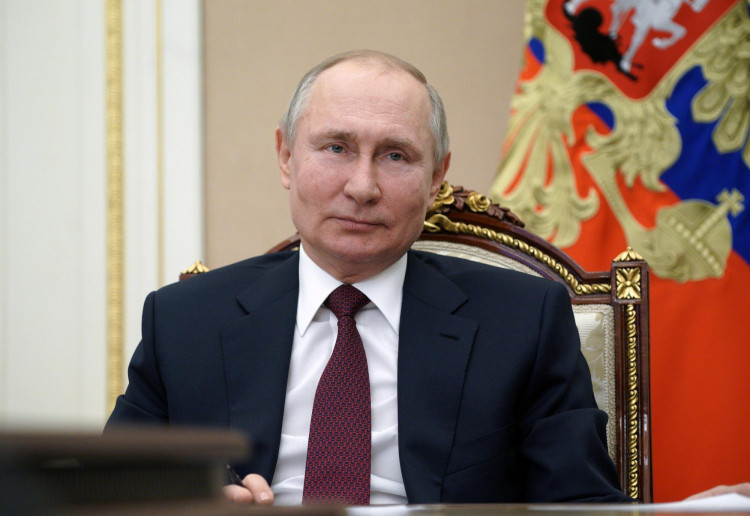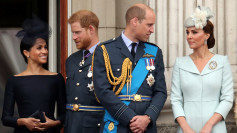Russia has condemned recent discussions in the West about the possibility of arming Ukraine with nuclear weapons, calling the idea "absolutely irresponsible." Kremlin spokesperson Dmitry Peskov criticized the reports, which cited unnamed officials suggesting such a move as a potential deterrent against Russian aggression.
"These are absolutely irresponsible arguments of people who have a poor understanding of reality and who do not feel a shred of responsibility when making such statements," Peskov told reporters on Tuesday. The comments followed a New York Times article that quoted anonymous officials speculating that President Joe Biden could consider transferring nuclear weapons to Ukraine before leaving office.
The article reported that some officials had suggested returning nuclear weapons to Ukraine, which relinquished its arsenal in the 1990s. "That would be an instant and enormous deterrent. But such a step would be complicated and have serious implications," the report stated.
Russia's Deputy Chair of the Security Council, Dmitry Medvedev, escalated the rhetoric, warning that any transfer of nuclear weapons to Ukraine would be seen as an act of aggression against Moscow. "The very threat of transferring nuclear weapons to the Kyiv regime can be considered as preparation for a nuclear conflict with Russia," Medvedev wrote on Telegram. He went on to criticize President Biden, saying, "It seems that my sad joke about the crazy senile Biden, who decided to leave this life gracefully, taking a significant part of humanity with him, is turning into a frightening reality."
The White House, responding to the speculation, firmly denied the possibility. "We are not planning to equip Ukraine with nuclear weapons," a spokesperson told Newsweek.
Ukraine has long relied on international support for its defense since giving up its nuclear arsenal following the collapse of the Soviet Union. In 1994, under the Budapest Memorandum, Ukraine surrendered its nuclear weapons in exchange for security assurances from Russia, the United States, and the United Kingdom. However, Russia's annexation of Crimea in 2014 and its full-scale invasion in 2022 have fueled debates over whether Kyiv's decision was a strategic mistake.
In April 2023, former U.S. President Bill Clinton, who played a key role in brokering the Budapest Memorandum, admitted that Ukraine might not have been invaded had it retained its nuclear deterrent. "I feel a personal stake because I got them to agree to give up their nuclear weapons," Clinton said in an interview with Irish outlet RTE. "And none of them believe that Russia would have pulled this stunt if Ukraine still had their weapons."
Ukrainian President Volodymyr Zelensky has also reflected on his country's decision to disarm. Last month, he said joining NATO was now Ukraine's only viable path to security. During a speech in Brussels earlier this year, Zelensky hinted at the importance of a nuclear deterrent, stating, "Either Ukraine will have nuclear weapons and that will be our protection, or we should have some sort of alliance." He later clarified that he was not advocating for Ukraine to develop nuclear weapons but was expressing frustration with the shortcomings of the Budapest Memorandum.
The ongoing war has seen a marked escalation in recent weeks. Ukraine, with Western approval, fired U.S.- and UK-supplied missiles into Russian territory for the first time, while Moscow responded by launching a hypersonic intermediate-range missile into Ukraine. Asked about the risk of nuclear escalation, Peskov urged Western leaders to "listen carefully" to President Vladimir Putin and review Russia's updated nuclear doctrine, which lowers the threshold for deploying nuclear weapons.
Russian Foreign Intelligence Chief Sergei Naryshkin added to the tensions, rejecting the idea of a simple ceasefire in Ukraine. "We need a solid and long-term peace," he said, emphasizing that any resolution must address what Moscow perceives as the root causes of the conflict.
While the White House dismissed the nuclear weapons discussion, the debate highlights the growing risks of escalation as the war grinds into its third year. For now, the U.S. and its allies remain focused on providing conventional support to Ukraine, but the specter of nuclear conflict looms over an increasingly volatile battlefield.





